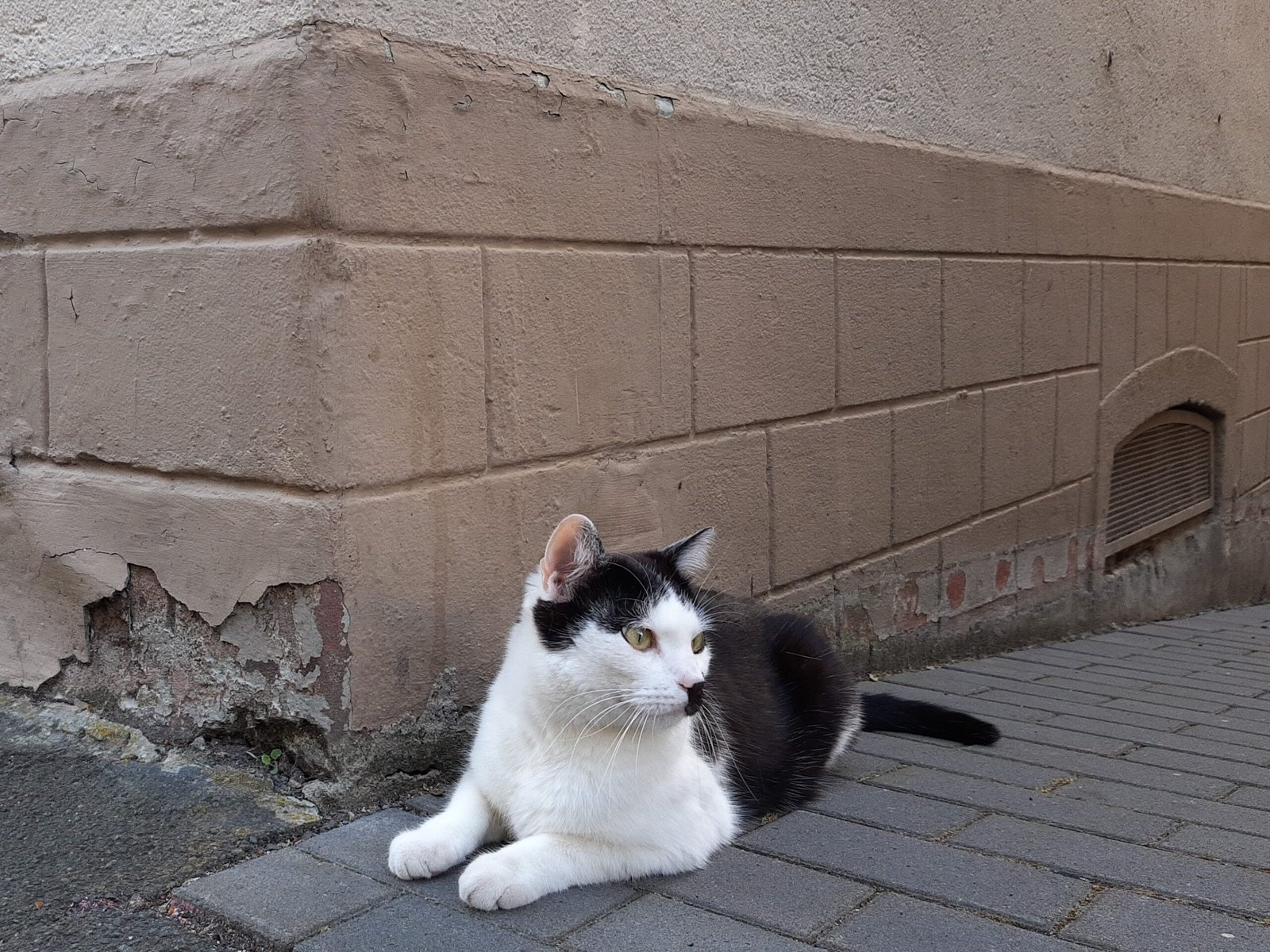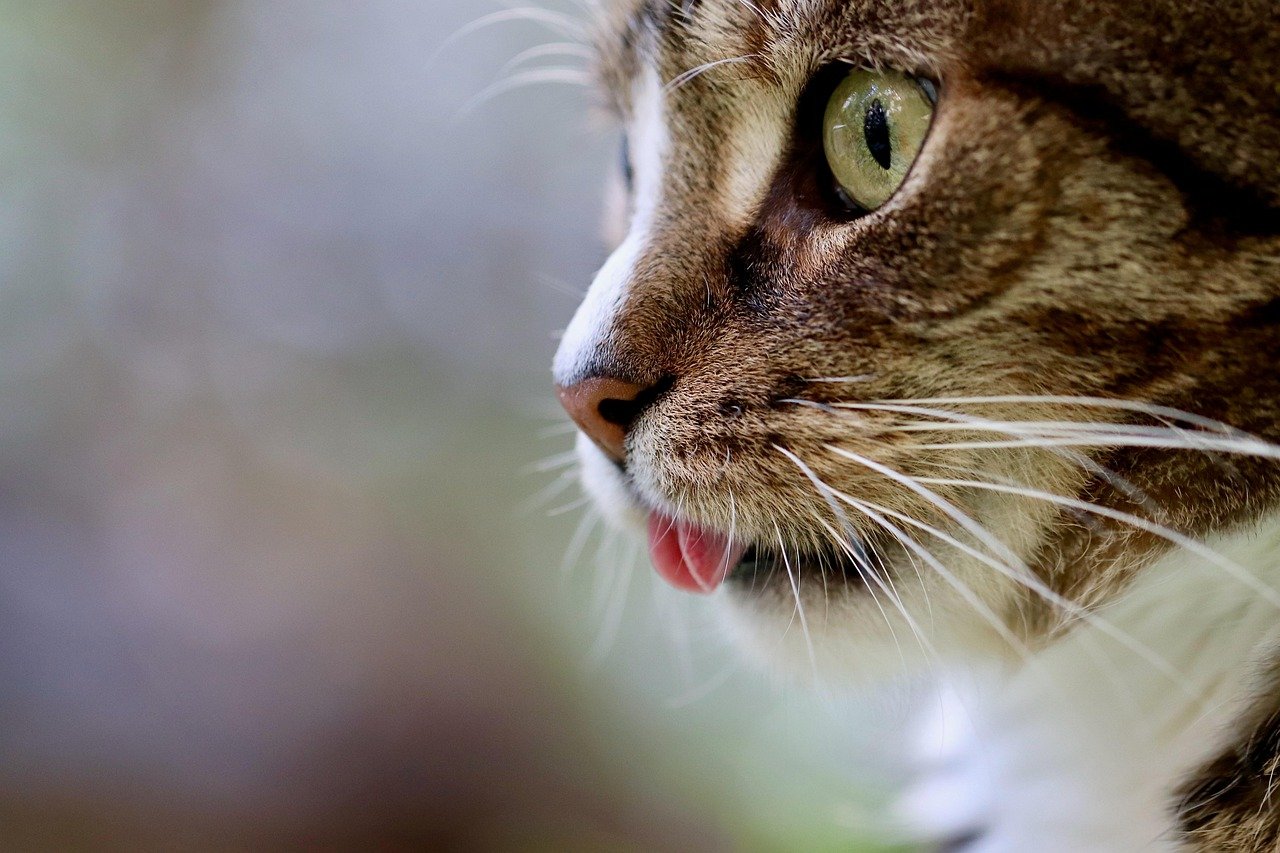Have you ever laughed out loud while your cat sat nearby, staring at you with those mysterious, unblinking eyes? Maybe you wondered if your feline friend was secretly giggling along with you or just silently judging your sense of humor. The truth about whether cats can understand human laughter is more surprising—and a whole lot more fascinating—than you might think. This is a journey into the quirky, delightful, and sometimes baffling world of cat behavior. Let’s dig into what science, observation, and real-life cat lovers have discovered about our pets and their connection to our laughter.
The Unique Way Cats Perceive Human Emotions

Cats are experts at picking up on human emotions, but not always in the way we imagine. While they might not recognize a joke or a punchline, cats are very sensitive to the tone and energy of our voices. When we laugh, our pitch changes, and our bodies move differently. Cats notice these shifts, even if they don’t know what’s funny. For them, your laughter might signal happiness or excitement, and they’ll often respond by coming closer or even joining in the fun with their own playful antics. In households where laughter is common, cats tend to act more relaxed and sociable, suggesting they pick up on the good vibes, even if they don’t get the joke.
What Does Laughter Sound Like to a Cat?

To a cat, human laughter is likely just a strange series of sounds. Unlike dogs, who have evolved alongside humans to interpret specific cues, cats have a more independent evolutionary history. That means when you burst out laughing, your cat hears a unique pattern of vocalizations that could mean anything from excitement to distress. Some cats might tilt their heads, flick their ears, or even run and hide if the laughter is loud or sudden. Others may pause and assess the situation, just to be sure everything is safe. The sound itself doesn’t have meaning for them, but the way you act during and after laughter is what really matters.
Reading Body Language: The Cat’s Superpower

Cats are masters at reading subtle body language. While your laugh might go over their heads, the way your face lights up, your shoulders shake, or your movements become more animated are all things your cat will notice. Some cats even learn to associate these physical cues with positive experiences, like playtime or treats. If laughter always leads to a fun session with a feather toy, your cat might start to perk up every time you laugh. It’s less about understanding the humor and more about connecting your happiness to their own pleasure.
Can Cats Mimic Human Laughter?

While cats can mimic some human behaviors, laughter isn’t one of them. You won’t catch your cat letting out a belly laugh or giggling behind your back, but they do have their own ways of showing amusement. A playful pounce, a chirpy trill, or a slow blink can be a feline’s equivalent of a smile or chuckle. These behaviors might not look like human laughter, but they serve the same purpose—sharing a joyful moment and deepening the bond between cat and human.
Laughter Versus Other Human Sounds

Cats react differently to laughter than to other common sounds, like crying or yelling. Laughter usually has a light, upbeat tone, while anger or sadness comes with lower, more serious tones. Many cats will approach a laughing human to investigate or even participate in the fun, but they may hide or become anxious when they hear angry or distressed voices. This suggests that cats can tell the difference between positive and negative emotional sounds, even if they don’t grasp the specifics of what’s being said or why.
Do Kittens React Differently Than Adult Cats?

Kittens are naturally curious and more likely to investigate new sounds—including laughter. If you laugh around a kitten, you might see them race over with wide eyes, ready to play or explore. Adult cats may be more reserved, especially if they haven’t had much exposure to laughter during kittenhood. However, cats of all ages can learn to associate laughter with positive experiences, especially if you consistently reward them with affection or treats when you’re happy. Over time, even the shyest cat can become more comfortable around laughter and join in the good times.
Cats’ Emotional Intelligence: Smarter Than You Think

Cats often get a bad rap for being aloof, but they’re actually quite emotionally intelligent. They may not understand the meaning behind your laughter, but they know when you’re happy, sad, or stressed. This emotional awareness is why some cats will snuggle up to you when you’re down or jump into your lap during a laugh attack. They sense your energy and want to be part of your emotional world, even if they don’t always understand the details. For many cat owners, this connection feels almost magical—a silent language that only you and your cat share.
Scientific Studies on Cats and Human Emotions

Recent research has started to uncover just how tuned-in cats are to human emotions. In several studies, cats were able to distinguish between recordings of humans laughing, crying, or speaking calmly. The cats often gravitated toward the happy sounds, showing interest or approaching the speaker. While scientists still debate whether cats truly “understand” these emotions, there’s no doubt they’re affected by them. The more positive and relaxed the environment, the more outgoing and affectionate the cats became.
Personal Stories: Cat Owners Speak Out

Many cat owners have hilarious stories about their cats’ reactions to laughter. Some say their cats come running whenever they laugh, ready to join in with playful antics. Others describe cats that seem confused or even irritated by loud laughter, turning their backs with a flick of the tail. One owner shared that her cat learned to associate laughter with treat time, and now comes running every time the family giggles. These real-life stories highlight just how individual each cat’s response can be, shaped by personality, upbringing, and experience.
How Laughter Can Strengthen the Human-Cat Bond

When you laugh around your cat, you’re sharing a moment of joy that can strengthen your bond. Cats are more likely to trust and feel comfortable with people who are relaxed and happy. Laughter can even act as a social glue, signaling to your cat that everything is safe and fun. Over time, these positive associations can make your cat more affectionate and playful. So go ahead and laugh—it might just make your cat love you even more.
When Laughter Scares Your Cat

Not every cat is a fan of loud laughter. Some are more sensitive to noise and may interpret laughter as a threat or something to be wary of. If your cat hides or acts skittish when you laugh, try to be mindful of the volume and suddenness of your laughter. Gentle laughter or soft giggles may be less intimidating than a booming laugh. With patience, most cats will get used to your laughter, especially if you pair it with calm, reassuring gestures.
Understanding Cat Humor: Do Cats Have a Funny Bone?

You might wonder if cats have their own sense of humor. While they don’t laugh like humans, cats do engage in playful behaviors that seem downright mischievous. Whether it’s knocking things off shelves or pouncing on your toes, cats often act in ways that make us—and perhaps themselves—laugh. This playful spirit is a sign that cats do experience joy and amusement, just in their own unique, feline way.
Comparing Cats and Dogs: Who Gets the Joke?

Dogs are famously responsive to human emotions, including laughter, often joining in with wagging tails and excited barks. Cats, on the other hand, are more reserved and selective in their responses. While a dog might jump into your lap when you laugh, a cat might simply observe from a distance, deciding whether the situation calls for attention or not. This difference isn’t a lack of affection on the cat’s part—it’s just a different style of communication.
The Role of Socialization in Cat Behavior

A cat’s response to human laughter often depends on early socialization. Kittens who grow up in lively households, surrounded by laughter and activity, are usually more tolerant of loud sounds and sudden movements. Conversely, cats raised in quieter environments may be startled by laughter. Socialization shapes not just how a cat reacts to laughter, but also how they interact with humans in general. With patience and positive reinforcement, even shy cats can learn to relax around human laughter.
How to Encourage Positive Reactions to Laughter

If you want your cat to feel comfortable when you laugh, it helps to pair laughter with treats, petting, or playtime. This creates a positive association, so your cat learns that laughter means good things are coming. Over time, your cat may start to look forward to your laughter, seeing it as a sign of happiness and safety. Just like training a cat to come when called, shaping their response to laughter takes consistency and love.
Common Misconceptions About Cats and Human Laughter

Many people believe that cats are indifferent to human emotions, including laughter. In reality, cats are highly sensitive to the emotional states of their owners. They may not understand the meaning of laughter, but they definitely notice when you’re happy. Another misconception is that cats dislike loud noises altogether. While some cats are noise-sensitive, others quickly adapt if the sounds are associated with positive experiences.
Signs Your Cat Is Responding to Your Laughter

There are several signs that your cat is responding to your laughter. You might notice your cat approaching you, rubbing against your legs, or even joining in playfully when you laugh. Some cats chirp or trill in response, as if adding their own commentary. On the flip side, a cat that leaves the room or hides when you laugh may be signaling discomfort. Paying attention to these subtle cues can help you better understand your cat’s feelings.
Laughter as Therapy: Cats and Emotional Support

Laughter has long been known to reduce stress and boost mood in humans. For cat owners, sharing laughter with a beloved pet can be doubly therapeutic. Cats often act as emotional barometers, providing comfort and grounding in moments of joy or sadness. When you laugh, your cat is likely to sense your positive energy, which can make both of you feel more connected and relaxed.
Adapting Your Laughter Around Nervous Cats

If your cat is particularly anxious or skittish, it’s important to be mindful of your laughter. Try laughing softly or using a gentle tone, especially if your cat is nearby. Over time, you can gradually increase the volume, always watching for signs of discomfort. With patience, most cats will learn to associate your laughter with good things, and their anxiety will decrease.
The Future of Research: What’s Next for Cats and Human Emotions?

As researchers continue to study the connection between cats and human emotions, we’re likely to discover even more about how these fascinating creatures perceive us. New technology, like emotion-tracking collars or advanced behavior analysis, could provide deeper insight into how cats respond to laughter and other human sounds. One thing’s for sure—our understanding of the human-cat bond is only just beginning to scratch the surface.
Hi, I’m Bola, a passionate writer and creative strategist with a knack for crafting compelling content that educates, inspires, and connects. Over the years, I’ve honed my skills across various writing fields, including content creation, copywriting, online course development, and video scriptwriting.
When I’m not at my desk, you’ll find me exploring new ideas, reading books, or brainstorming creative ways to solve challenges. I believe that words have the power to transform, and I’m here to help you leverage that power for success.
Thanks for stopping by, Keep coming to this website to checkout new articles form me. You’d always love it!





